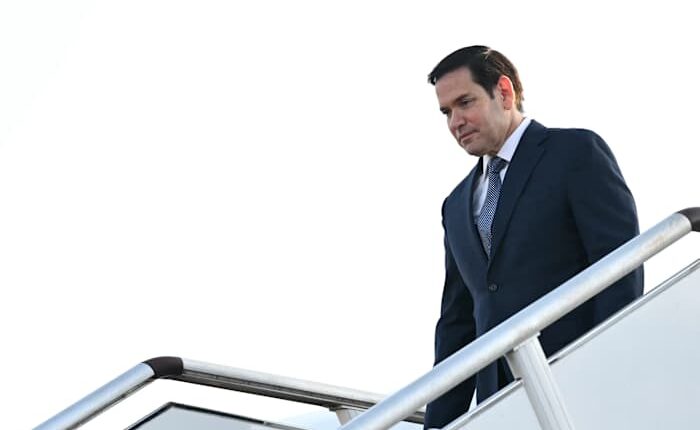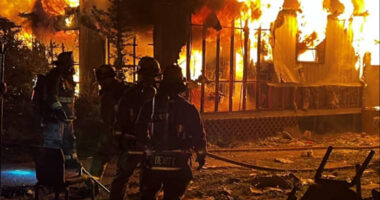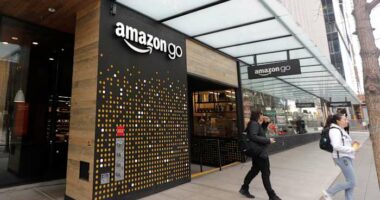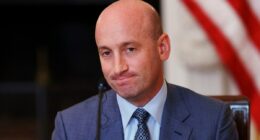Share this @internewscast.com
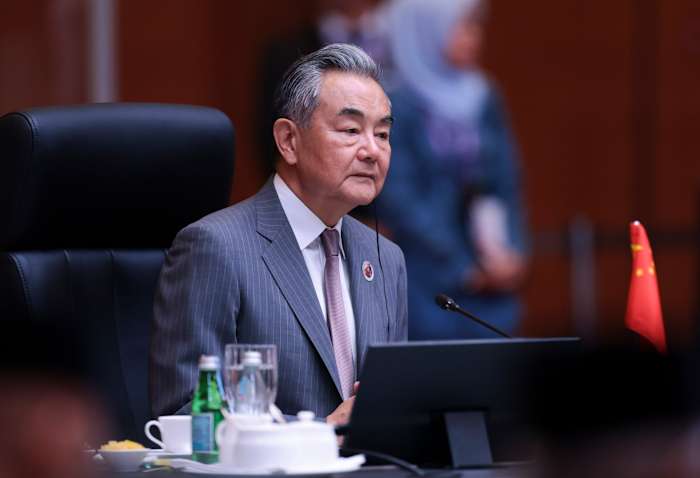
KUALA LUMPUR – U.S. Secretary of State Marco Rubio is scheduled to meet with his Russian counterpart on Thursday in Malaysia. This meeting might be contentious as tensions between the nations mount due to Moscow’s growing assaults on Ukraine and doubts about Russia’s leader’s commitment to a peace agreement.
Rubio and Foreign Minister Sergey Lavrov will encounter each other in Kuala Lumpur, where both are participating in the annual Association of Southeast Asian Nations Regional Forum. The forum includes all 10 ASEAN nations and their key diplomatic partners, such as Russia, China, Japan, South Korea, the Europeans, and the U.S.
The conversation is set to occur soon after the U.S. restarted some deliveries of defensive arms to Ukraine, following a halt supposedly for the Pentagon to assess domestic munitions reserves, which had been welcomed in Moscow.
The resumption comes as Russia fires escalating air attacks on Ukraine and as President Donald Trump has become increasingly frustrated with Russian President Vladimir Putin.
“Putin is not, he’s not treating human beings right,” Trump said during a Cabinet meeting Tuesday, explaining the pause’s reversal. “It’s killing too many people. So we’re sending some defensive weapons to Ukraine, and I’ve approved that.”
A US diplomatic push could be overshadowed by tariff threats
Rubio will also see other foreign ministers, including many whose countries face tariffs set to be imposed on Aug. 1. That threat could overshadow the top diplomat’s first official trip to Asia, just as the U.S. seeks to boost relations with Indo-Pacific nations to counter China’s growing influence in the region.
Trump notified several countries on Monday and Wednesday that they will face higher tariffs if they don’t make trade deals with the U.S. Among them are eight of ASEAN’s 10 members.
State Department officials said tariffs and trade will not be Rubio’s focus during the meetings, which Trump’s Republican administration hopes will prioritize maritime safety and security in the South China Sea, where China has become increasingly aggressive toward its small neighbors, as well as combating transnational crime.
But Rubio may be hard-pressed to avoid the tariff issue that has vexed some of America’s closest allies and partners in Asia, including Japan and South Korea and most members of ASEAN, which Trump says would face 25% tariffs if there is no deal.
Malaysian Prime Minister Anwar Ibrahim has warned that global trade is being weaponized as U.S. tariffs loom over Southeast Asia. Speaking at an ASEAN foreign ministers’ meeting on Wednesday, Anwar urged the bloc to strengthen regional trade and reduce reliance on external powers.
Rubio’s “talking points on the China threat will not resonate with officials whose industries are being battered by 30-40% tariffs,” said Danny Russel, vice president of the Asia Society Policy Institute and a former assistant secretary of state for East Asia and the Pacific during the Obama administration.
When Anwar said “ASEAN will approach challenges ‘as a united bloc’ — he wasn’t talking about Chinese coercion but about U.S. tariffs,” Russel noted.
8 of ASEAN’s 10 members face major tariff hikes
Among ASEAN states, Trump has so far announced tariffs on almost all of the 10 members of the bloc, which would face a 25% tariff that could specifically hit its electronics and electrical product exports to the United States.
Trade Minister Zafrul Aziz said Wednesday that while Malaysia is ready to resume tariff negotiations, it would not cross its red lines, including U.S. requests for changes to government procurement, halal certification, medical standards and digital taxes.
Trump sent tariff letters to two more ASEAN members Wednesday: Brunei, whose imports would be taxed at 25%, and the Philippines, at 20%.
Vietnam recently agreed to a trade deal for 20% tariffs on its imports, while Singapore wasn’t part of Trump’s original April 2 tariffs. Both are ASEAN countries. The Trump administration has courted most Southeast Asian nations in a bid to blunt or at least temper China’s push to dominate the region.
In Kuala Lumpur, Rubio also will likely come face-to-face with Chinese Foreign Minister Wang Yi during his brief visit of roughly 36 hours.
Russel noted that Chinese Foreign Minister Wang Yi is a veteran of such gatherings and “fluent in ASEAN principles and conventions,” while Rubio “is a rookie trying to sell an ‘America First’ message to a deeply skeptical audience.”
Issues with China, including on trade, human rights, the militarization of the South China Sea and China’s support for Russia in Ukraine, remain substantial.
U.S. officials continue to accuse China of resupplying and revamping Russia’s military industrial sector, allowing it to produce additional weapons that it can use attack Ukraine.
___
Associated Press writer Eileen Ng in Kuala Lumpur, Malaysia, contributed to this report.
Copyright 2025 The Associated Press. All rights reserved. This material may not be published, broadcast, rewritten or redistributed without permission.
